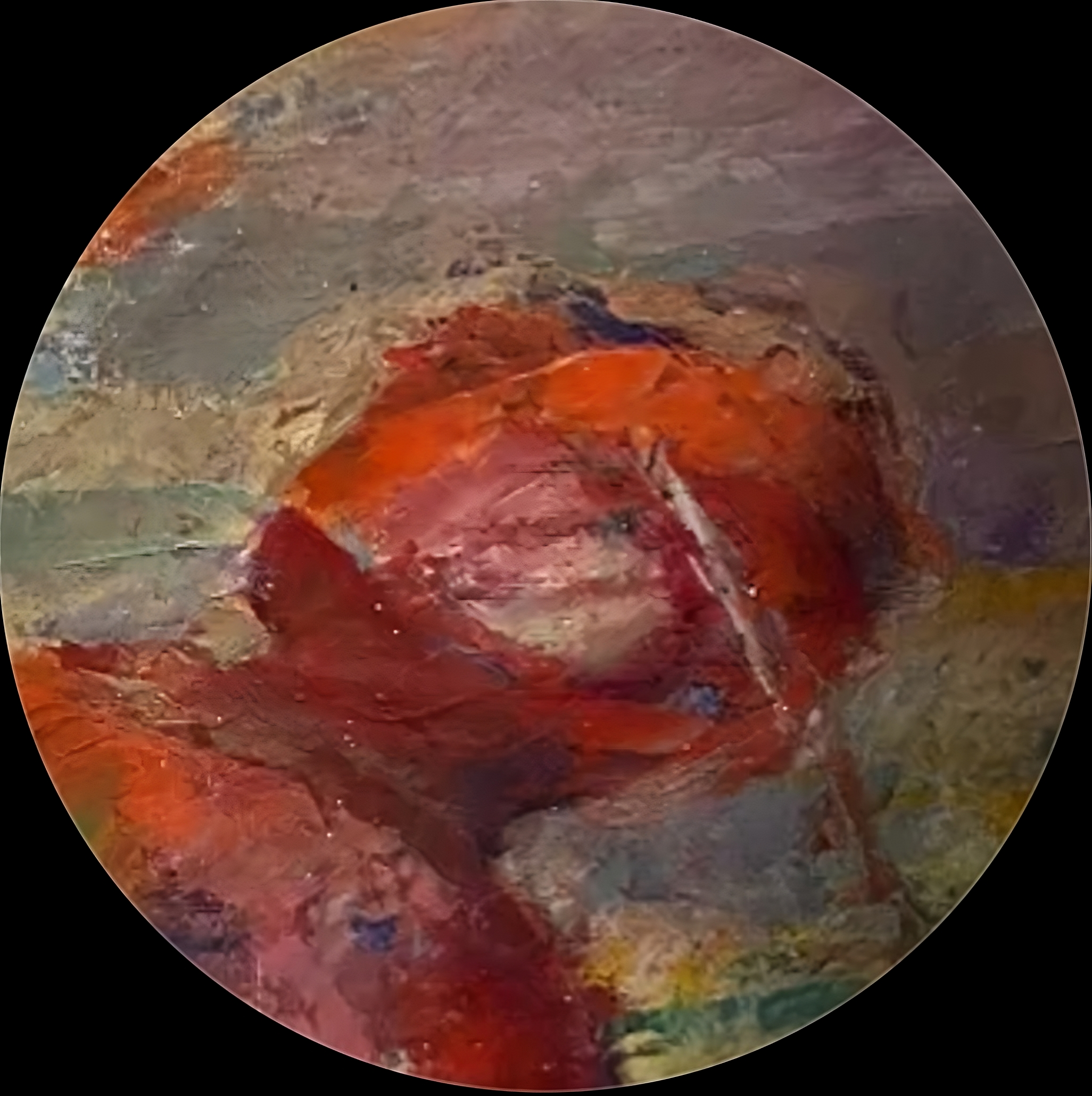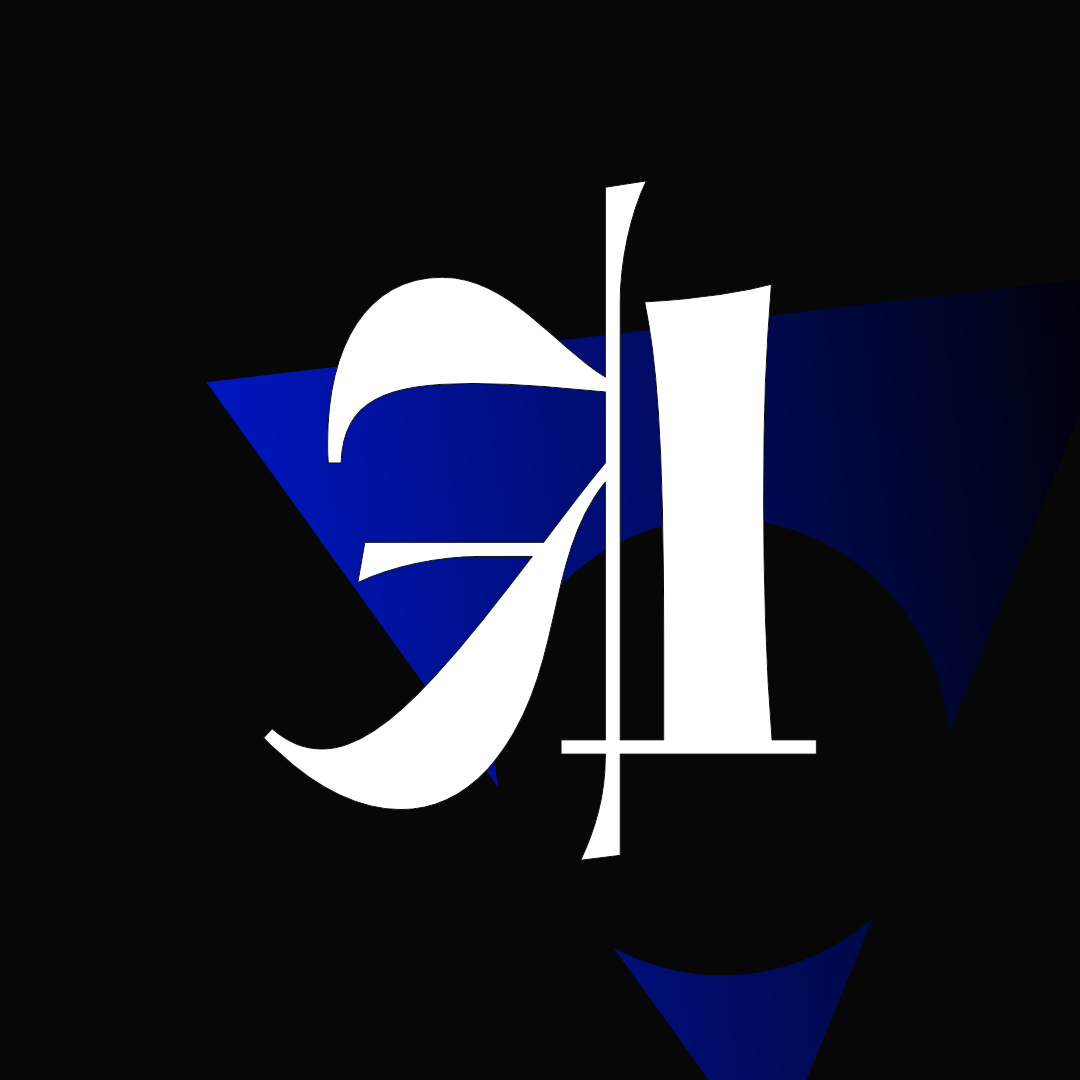Freedom, Spirituality, and Science. Spiritual Science, even. Is it even possible?
Where is truth? Is it in science or spirituality? Dogma or freedom? This article is an extract from a book called Spiritual Science Zero. More info at the bottom of the article
I think that most people don’t realise just how much words can hold sway over our internal decision-making. We invent our first impressions within the first seven seconds of seeing something, based off of our prior experience (which can be swayed too). This means, that basically, we make our judgement on if we “like” something or don’t “like” something just after we first see it.
Something that looks good, that can pay a good marketing team, can obviously manipulate this, and make you like something. It won’t work all the time, but it’ll work enough of the time to the degree that it doesn’t really matter about the skeptics and the people who think that can see through it. Most people won’t even notice they’re being swayed.
This thing moves with the times, otherwise it doesn’t work. Now, we’ve got the archetype of “chaotic social media admin” that is really hard to spot as manipulative advertising, which it always is.
This is on the whole, what brands can bank on. Because they don’t need to stick to the truth, they don’t need to contribute the development of individuals or communities, and they don’t need to do anything other than get you to buy, today or tomorrow.
We’re getting used to living a life outside of our control. One that is shifting, to almost entirely rely on external norms and external stimuli, existing in a haze, to work, buy, eat, drink, and die. To the economy, that’s the only thing anybody does, and the living and the consciousness does not change your numbers, but by making life only about these things, that increases your numbers, and increases theirs.
But this is a massive problem for more reasons than one. Sure, external norms have their place, but we have an inner life, we have an individuality, we have prefrences, we have internal principles that are being (or have been) squashed by a world that cares more about expectations than us. As a pretty general rule, external norms should be shaped by us, actively, as an emanation of the individuality. They should not change us, or restrict us, and right now, even if you might not realise it, they do.
How, then, could a movement that values freedom and doesn’t want to constrict or unduly sway the individuality, exist in a world like the one we have today? The answer is simple; with difficulty.
Anthroposophy, a word that means “human wisdom” has been used to describe a kind of spiritual science: a way of knowing, grounded in freedom, balance, and practical insight. But as a word, it fails the first-impression test. It’s long, strange, and really easy to dismiss. It sounds like a disease or an obscure cult. But, don’t just go with your first impressions. Research it, find out what it is and make a decision based on what it actually is, and not just because it sounds and looks good or bad.
And spiritual science might seem like a contradiction, but we’ll get to that. Not everything is black or white, things are much more difficult than they might seem, even if they are actually quite simple. It’s always easy to say that something is simple with hindsight, but it’s also hard to know if we have or don’t have hindsight at basically any given time.
This isn’t about dogma, or microscopes, or abstract belief. It’s about using the best tools we have; self-awareness & thinking, emotions, concrete experiences, to understand what it means to be human.
Importantly, it doesn’t require the pushing aside of ourselves for what is outside ourselves, but the pushing aside of what is outside of ourselves for ourselves. No matter what that is, even if it means putting this book down and never giving Camelot House Publishing another penny. What is right for you, is right for you, and the way everything is today, most of the time, you’re not being the unreasonable one.
But anthroposophy, to put it simply, is this:
A path of knowledge, starting with the Spiritual in the Human being, and re-introducing it to the Spiritual in the Universe.
It doesn’t come from argument. It begins as a need, something felt deep in the heart, in the inner life. Urgency, but quiet, inside.
This path justifies itself only if it speaks to that need, if it meets it honestly. No one is asked to believe. Only those who feel something calling from within, who must ask certain questions about what it means to be human, about the nature of the world, will be drawn to it. For them, these questions aren’t abstract. They’re like hunger. Like thirst.
Anthroposophy is for those who can’t not ask. And for those, it offers a way to begin. Answering the simple but in-no-way-simple many thousand year old maxim; “Man, know thyself!”
Not just emotionally, not just scientifically, not just spiritually. All of it. And those insights, when we live with them, become (very) practical.
We’ll get to that as well.
But basically, Anthroposophy, or Spiritual Science is a helpful little thing that can be quite important in self-development (though it’s not the only thing in the world that does this), and insights got from this self-development can be used in practical ways, internally and externally, even in businesses, schools, farms and charities. There are also other insights from people who have developed themselves to a high degree, and have given cutting-edge insights on a whole range of different topics, and lots of these are avaliable now, and aren’t that hard to find past one google search.
But, we aren’t looking to just push these things onto people. These ideas are there to be lived with, thought about, considered at every level, not just accepted or rejected, but evaluated for what they are. What you take away from this book is the result of what, after consideration, you take away from the book. There is no intention of changing anyone in a way that goes against their individuality, like there is basically everywhere else (just look, really!). We don’t do dogma.
But this also is a problem. Trying to be honest, trying to make people think, trying to have no undue influence, is not really a recipe for success. And the Anthroposophical Movement has been finding this out for quite a long time. By just trying to be as honest as possible, we are dealt a bad hand by default. Just trying to make available spiritual insights and ways of self-development is difficult for us, and for you, understanding or doing it won’t be easy or straightforward at all, and it might not even involve this book. Everyone has different needs, a different individuality, a different life. But we can try. And that’s what this book is. That’s what Anthroposophy is.
Science
Spiritual Science, basically, is the scientific method applied to spirituality. To internal development, and also spiritual research, the results of which are often called insights.
What is science? Nowadays, many people have a (to put it bluntly) incorrect view of what science is, even if not always conscious. The truth is, science is a method. Google it! It’s not about the things that we’re studying, but the way that we’re studying it. (though you probably already know this) Science, is not, in fact a big book of everything that’s true, that somehow stands in total opposition to spirituality or religion. There are quite a lot of people who think like this, though quite a lot of those people have this idea as an assumption in their mind, something they’ve never really given time to think about, but they just know it. They have strong feelings about it, but literally nothing to back it up. Of course, this is not everyone, but i personally have met a lot of people who are exactly i have described.
If you find that someone is like this, question them! Ask them what science is, and what spirituality or religion is, and they might not be able to give you a half-decent answer. That’s what i’ve found.
Spiritual Science is an attempt at a balanced thing, something can use. The warmth of spirituality and the cold reason of science. Together, it’s quite good, but if it’s just spirituality, it’s too hot and everything gets a little fuzzy, or if it’s just science, it’s too cold, and we end up doing some strange experiments and losing our humanity.
The test of its scientific character is not in the immediate persuasiveness of its claims but in the replicability of its inner methods and the coherence of the knowledge gained thereby. Spiritual science stands firmly within the true spirit of scientific inquiry: observation without prejudice, method without dogma, and a humble openness to the phenomena as they are.
Keep what works, leave what doesn’t.
Something else that may save you some time; “Spiritual Science” or “Rudolf Steiner’s Spiritual Science” is often used (and used in this book) as a different way of saying “Anthroposophy” as it is much more self-explanetory word.
Anthroposophy offers knowledge won by spiritual means.
Yet it does so for a reason: because everyday life and the science that builds itself only on sense perception and intellectual thought eventually leads the human being to a boundary. And at this boundary, if no crossing were possible, the soul-life would wither and die.
But this boundary is not a dead end. It is a threshold.
At this border of the senses, if the soul awakens, a new horizon opens: the spiritual world.
Does religion and spirituality have to be weird hippies and dogmatic conservatives? Does science have to be distant and all-knowing? These things are what you make of them. I would ask; don’t make anything of them. Look at what they are. Don’t take this as me trying to make you think something or think in a specific way; i’m just trying to make you think. Whatever you come to is fine.
Balance
Do we live in a balanced world today? That’s not the very un-subtle prompt for the next part of the book (it is), but an actual question? What do you think? Why?
I will guess, though, that your answer to that question is no. Everyone knows that there’s something wrong. When one group of people says something is wrong, they might be right or wrong, it’s not too out of the ordinary. Lots of people have problems with things. But when opposing groups say something is wrong, even if they blame different things, something is almost certainly wrong. And when almost everyone in society thinks that we need big change, again, even if they blame different things, we can say with certainty; something is wrong.
I’m not going to tell you that Anthroposophy (and its schools, farms, organisations, etc) is going to fix everything, but i do think that lots of it can help. When we try to do what is good, when we try to be the change, when we work with others, no matter the words they use or the flag they fly, things get better. It takes real courage, but what you put in is what you get- do you put in courage and effort, or do you put in nothing? That is a choice which every individual has to make, in freedom, and it is also a choice which they do make, almost every day of their lives. Something to think about.
This next part of the book is going to cover just a few concepts in anthroposophy, that, when understood very deeply, can be very useful, in improving the world, and in improving ourselves. Firstly; balance.
Balance isn’t just being perfectly in the middle. If you’re lucky, you can do that unconsciously. Balance is not passivity, and it’s definitely not compromise. Balance is holding, consciously, opposing forces in balance, so no one force has its hold on you. It’s dynamic, never staying the same, what works yesterday might be different tomorrow, and, in balance, that can be handled without throwing everything else out of its place.
This is both easier and much harder than it might seem, and we’ll go into more depth about two specific forces later. But spiritual science begins here, by rebuilding a real sense of balance in how we live, how we feel, and how we act. Just being conscious, being responsible, being reasonable, doing what the individuality (you) wants & not outside influences, working towards what is good; these are the things to move towards. Later on, we’ll cover some basic exercises that can help in making a start towards these things.
Meaning
Most people are taught that the world is random. At best, we’re told to “make our own meaning.” though of course this isn’t everyone. Opposing this is the simple fact that when you have an encounter with something that has real, powerful meaning, you know it’s there. And when you see false or empty meaning, it’s obvious that it’s lacking in meaning.
The search for meaning is universal, it’s something everyone does. But it can’t be filled with random external stuff, and even though some groups would say otherwise people aren’t desperate for meaning like someone can be desperate for water, it is a very different thing, that presents itself in a different way, and is highly personal, it can only be found by each individual, in a way that makes sense to them, OR until the individuality has consumed so much external stuff that it “formats” it into acceptable meaning (which is actually hollow, empty, and isn’t what it says on the tin, just the tin) for the individuality (looking at you, TV, social norms, nationalism, the list goes on) until someone can be sufficiently convinced that they have found their meaning.
Today, in my opinion, we are losing meaning. It doesn’t matter anymore! Someone, having just entered the world, is bombarded with other people requiring that they learn, not at their own pace, but at the pace of others, to an end that they didn’t even agree to. With education, work, and entertainment today, unless you really, specifically try, someone cannot search for meaning.
Things that previously were meaningful are being stripped of their meaning, or having their meanings changed to the opposite of what they were before. Which is fine, as long as everyone involved is conscious and consenting of it (which in many cases they are not). That’s just the way, there’s no room for qualitative meaning in a quantitive, external-expectations based society.
And with the removal of meaning, what is there to fill the void? That’s something you can think about yourself. (this entire book is something you need to think about for yourself actually but i should hope that goes without saying)
From my observations, the truth is that everything has meaning. For quite a number of people, the world is random, things that people do are completely devoid of meaning (intended or real), or sometimes even consequence. For them, meaning can be manufactured, it isn’t even real anyway. Another way is possible, however. The Anthroposophical viewpoint is that, yes actually, meaning is a thing, and it’s important, and it goes deeper than you might think. We’ll get to that, and if you do any further research, you’ll see this practically too.
Meaning isn’t just a story or something we make up to make us feel better. If you look for it, really, rather than rejecting it or walking around like it isn’t there, you can find it. Not from some external thing, not because someone else wants you to, not to fit into some worldview, but meaning, real meaning, out of the individuality, that can really change things, and shed light on things.
Out of Freedom
Dogma and doctrine tell you what to think. Freedom asks you to become someone who can think. Today, we are handed ineffable facts, things that you are expected to just take in, remember, and believe as true. And sure; lots of it is true, but teaching in this way does not help the learner to actually understand the things for themselves, and a lot of the time, someone’s understanding can be plagued by abstractions upon abstractions and things not really understood. A dogmatic system hands you conclusions. A free one develops your capacity to find it for yourself. Whatever it is.
Anthroposophy refuses to hand you a finished belief system. It does not try to do all the thinking for you. It gives you tools, methods, insights, that you can use for yourself, not rules or commandments. If you want rules to obey or an easy standardised non-individual way to become clairvoyant, you might be disappointed. But if you would like to try to be more free, if you would like to develop yourself, and to act out of your own insight, then it might be pretty helpful. Real spiritual work throws dogma out. It doesn’t say “Believe this.” It says; “Look, carefully. Try, Test, See.”
But what is freedom? That’s a big question and to answer it in full (if that is even possible) is firstly something that is different for everyone, and secondly would be too big a topic to approach for this relatively small book. But a little section wouldn’t hurt. That brings us back to the question; what is freedom?
First things first; it’s not just doing whatever you want. That’s impulse, and a lot of the time, what you might want to do in the moment isn’t actually something you want to do. You might be hungry at a wedding, but eating some of the cake before the marriage even starts is not freedom. It’s animalistic, and you also probably don’t actually want to do it because it’s just a bad idea. Higher desires versus lower desires. Real freedom is acting out of insight, knowing why you do something, and standing behind it with your whole self.
Freedom is more than just making choices, it’s a highly spiritual thing. Freedom is the work of transforming automatic reactions, inherited habits, and external social pressures into something that is truly your own. If you want to learn more about the topic of freedom, i would highly recommend you get a copy of Rudolf Steiner’s Philosophy of Freedom (or read it for free on the internet i don’t care).
This is a very important topic, if not the most important one today. Again, it’s something to think about. But the fact is; you don’t have to just go along with what other people want for you, or expect of you. If you know why, and you disagree with the reason, it’s your life, it’s within your control, it’s always your choice. It doesn’t matter how big or small, serious or stupid the thing is; losing any amount of freedom is always a slippery slope to losing more freedom. And on the whole, the choice is in your hands.
This article is an extract from Spiritual Science Zero, and if you would like to buy the full book, you can do so if you click here. (US and UK only, if you are anywhere else, search amazon or basically any large bookshop site and it’ll probably be there. Probably)















Discussion